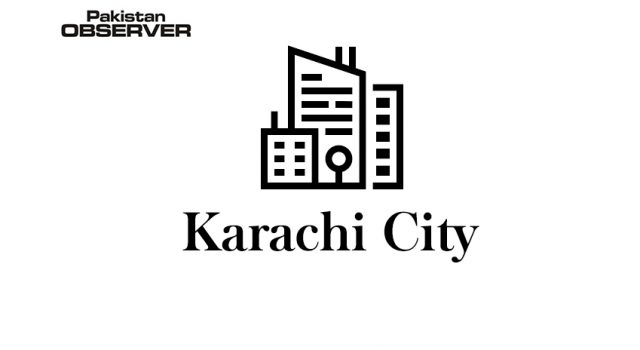Whereas political analysts and urban rights activists have hailed the agreement inked on Wednesday between the Pakistan Peoples Party (PPP) and Muttahida Qaumi Movement-Pakistan (MQM-P) saying it would usher in a new era of development and help bridge differences between the two parties representing rural and urban populace of Sindh, rival political parties have criticised the pact saying that it would be disastrous for the city as empowering the MQM-P would not help resolve the issues of the residents of Karachi.
After the MQM-P formally decided to side with the joint Opposition in the no-trust motion against Prime Minister Imran Khan, PPP Chairperson Bilawal Bhutto-Zardari and MQM-P Convener Khalid Maqbool Siddiqui signed an 18-point agreement named the “Charter of Rights”.
Leaders of other Opposition parties Shahbaz Sharif, Fazlur Rehman, Akhtar Mengal and Khalid Magsi also signed the agreement as the guarantors.In the agreement, the two parties have decided to empower the local governments in the province as per the apex court order.
It has also been decided that the implementation of the quota system in the province would be reviewed and the issue of fake domiciles addressed jointly by constituting a commission.
PPP and MQM-P have also agreed on following the principle of local representation provided in the rules in the recruitment of officials from BS-1 to BS-15.
Some political analysts believe that although the past experiences between the PPP and MQM-P have been unpleasant, the recent pact between the two parties could benefit the urban centres of Sindh, particularly Karachi.Journalist and academic Tausif Ahmed Khan said that the no-trust move had provided an opportunity to the MQM-P to bargain with the PPP.
“The MQM-P needs the support of the PPP-led Sindh government to win the trust of its support base by resolving their civic issues.”
Agreement clearly states that the Supreme Court’s decision regarding the local government shall be implemented in letter and spirit within one month with the mutual agreement of the PPP and MQM-P.
“If the MQM-P succeeds in implementing the Supreme Court’s order of transferring powers to the grassroots level, resolving the civic issues such as sewage, water, roads and public transport, it could maintain its reputation in its support base,” Khan told the media.
“With no development projects, no slogan can unite the people with the MQM-P.”Zahid Farooq, joint director of the Urban Resource Centre, also welcomed the agreement between the PPP and MQM-P, stating that he hoped that the city would benefit from the understanding between the two parties.
“Unlike the Pakistan Muslim League-Nawaz or the Pakistan Tehreek-e-Insaf, the PPP and MQM-P have interests and stakes in the city,” Farooq remarked.
He said that most of the civic problems could be resolved by conducting local government elections on time and transferring powers to the elected representatives at the neighbourhood level.
“Since 2008 when the PPP came into power in the province, only 10 buses arrived in the city. The two parties could sit and resolve the public transport problem of the metropolis,” he said.
Sheharyar Jaffri, a journalist who covers the city’s politics, said recent political developments in the capital city surprisingly turned out to be a win-win position for the MQM-P and PPP.“
They convinced the Opposition, including the PPP, to accept almost all of their demands that attracted the voters of urban Sindh,” he said, adding that the coalition with the PTI did not benefit the MQM-P much because, after the passage of the 18th amendment, most of the issues it wanted to resolve were in the ambit of the provincial government.
Jaffri said that most of the seats of Karachi secured by the PTI during the last general elections had historically been constituencies of the MQM-P.
“To win them again, the MQM-P needed a case against the PTI, which fortunately lack of deliverance by the PTI provided to the MQM-P,” he maintained.
Ironically, despite joining the PTI-led federal government after the 2018 elections, the MQM-P did not budge from its stance that the elections were rigged in Karachi and its mandate was stolen. Effectively, Muttahida allied itself with the party it accused of stealing its seats, Jaffri explained.
The PTI also failed to fulfil the nine demands of the MQM-P which were included in the 2018 agreement between the parties, the journalist said, adding that the MQM-P could justify its decision of leaving the federal government on this ground.
“The PPP seems to be in command of its young chairman Bilawal Bhutto-Zardari, who was not part of early party policy about Karachi or MQM-P,” Jaffri said. He added that the PPP would woo the urban voters of Sindh by implementing the agreement.










